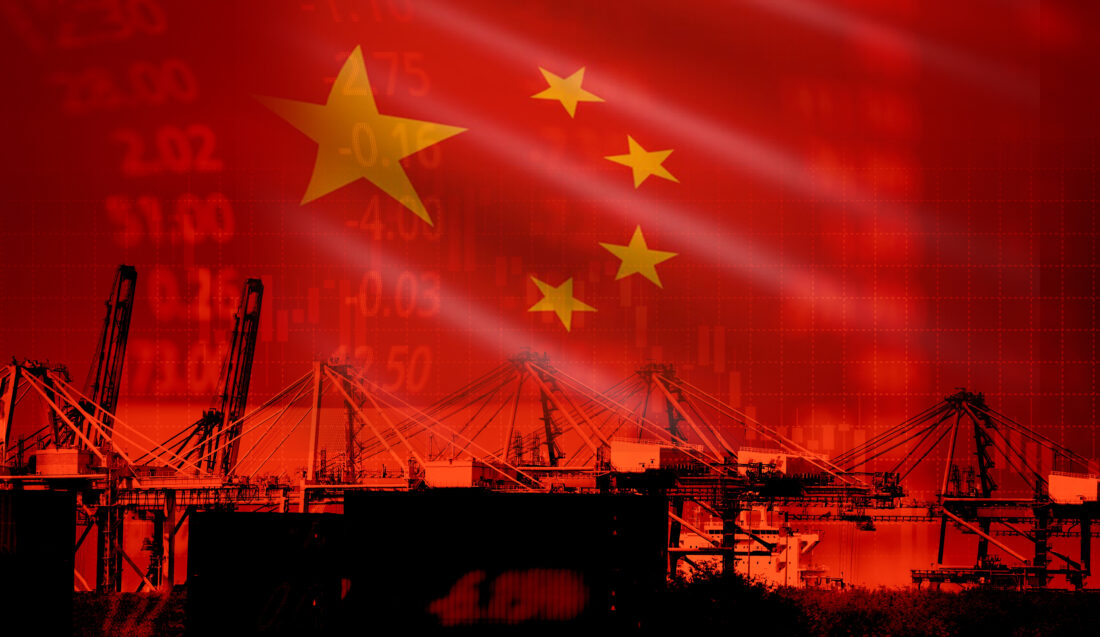The 2 Rules Importers Should Know About Politics and China Sourcing
December 26, 2022

“China Hating” is a popular thing to do in politics. It gets votes for Democrats and Republicans alike. It also affects companies that import from China. So much so that many are becoming concerned and wondering about the future of their supply chain.
Should importers stop buying from China because of politics?
Let’s unwrap this thorny question a bit by examining why companies import from China and what factors would make them reconsider.
Buying factors:
-Buyers aim to deliver the best value to their customers.
-“Best value” means an optimal price/quality/timely-delivery ratio.
-Price tends to be the dominant factor in market share. The first cost has a direct impact on the sale price.
-The quality message is usually delivered by the brand. An iPhone, for example, is generally recognized as a good quality product because it carries the Apple brand. Similarly, if running shoes are made by Nike or Adidas they are of good quality. Most consumers will stop there and not be concerned about where the goods are made.
-Delivery is another essential. China’s Zero Covid policies created delivery concerns that caused buyers to rethink their sourcing this past year.
-Concentration risk: Buyers avoid “putting all their eggs in one basket” for large volume, core value products.
-Excluding domestically manufactured products, country of origin tends not to be a factor. The market does not consider “Made in Germany,” “Made in Japan” or “Made in Vietnam” to be bad labels, even though, in the past, these countries were at war with the USA.
-ESG (Environmental, social, and governance) is emerging as a new buying factor. There are indications that both consumers and investors are willing to pay more for ESG factors such as Fair Trade and environmentally friendly materials.
*China factors:
Positive:
-China has modernized significantly over the last 50 years. It has built a massive infrastructure of logistics and industry.
-China’s supply chain is sophisticated and responsive to the global community’s demands with a total value of exports reaching nearly $2.5 trillion in 2020.
-China has a Capitalist economy with 3 stock exchanges.
-Most importers understand that “China,” the political entity, is not the same thing as the “Chinese people”.
-Most importers buy from private Chinese companies, not from state-owned entities (“China Inc.”).
-Over the last 40+ years the CCP (Chinese Communist Party) has raised 880 million people out of poverty.
-China’s increasingly affluent 1.4 billion consumers is itself a market too big to ignore. In 2021, the 200 largest multinationals had sales of $700 billion there.
Negative:
-New kid on the block disruption: Historically, the rise (or re-rise) of China has been seen as a scary thing, even Napoleon was worried about it. Japan elicited the same response during its rise.
-We, in the USA, do not like or trust communism.
-The CCP has become increasingly assertive lately by supporting Russia, making claims on large segments of the ocean (the nine-dash line), and bullying countries that disagree with it.
Neutral:
-China is run by the CCP, which is a different political system from the one we are used to.
-China’s economy is growing fast. It is now the second-largest economy in the world.
-China’s population is the largest in the world.
-Chinese people are industrious, hardworking, respected, and appreciated.
-Sourcing isn’t just a China/USA argument. China also supplies non-US markets – for many US businesses.
*Generally Speaking: These are just headlines, many are controversial and can be debated. But that would exceed the scope of this blog.
Other factors:
-Tariffs are a wild card because they inject uncertainty and artificiality into the process. Buyers don’t know if they will continue, be rescinded, be reduced, or if they will be applied to other countries.
-Pandemic: Covid 19 has affected the global supply chain in unexpected ways.
The Fundamentals:
Rule no 1: Business is business. Decisions by successful companies are made to ensure profitability and sustainability.
Rule no.2: Politics affect business, especially if it changes the rules and laws in which a business operates. Geopolitics affect all that operate across international borders.
Conclusion:
Ultimately, the decision to buy from China should be based on careful consideration of all these factors. Buyers are pragmatists, they will continue to source from China as long as it remains competitive on the three essentials: price, quality, and delivery. They will not stop because of politics. If they move their buying away from China, it will be because other sources (such as Vietnam or perhaps India) have proved to be more competitive, reliable, and sustainable. And if that happens, it will not happen overnight.
